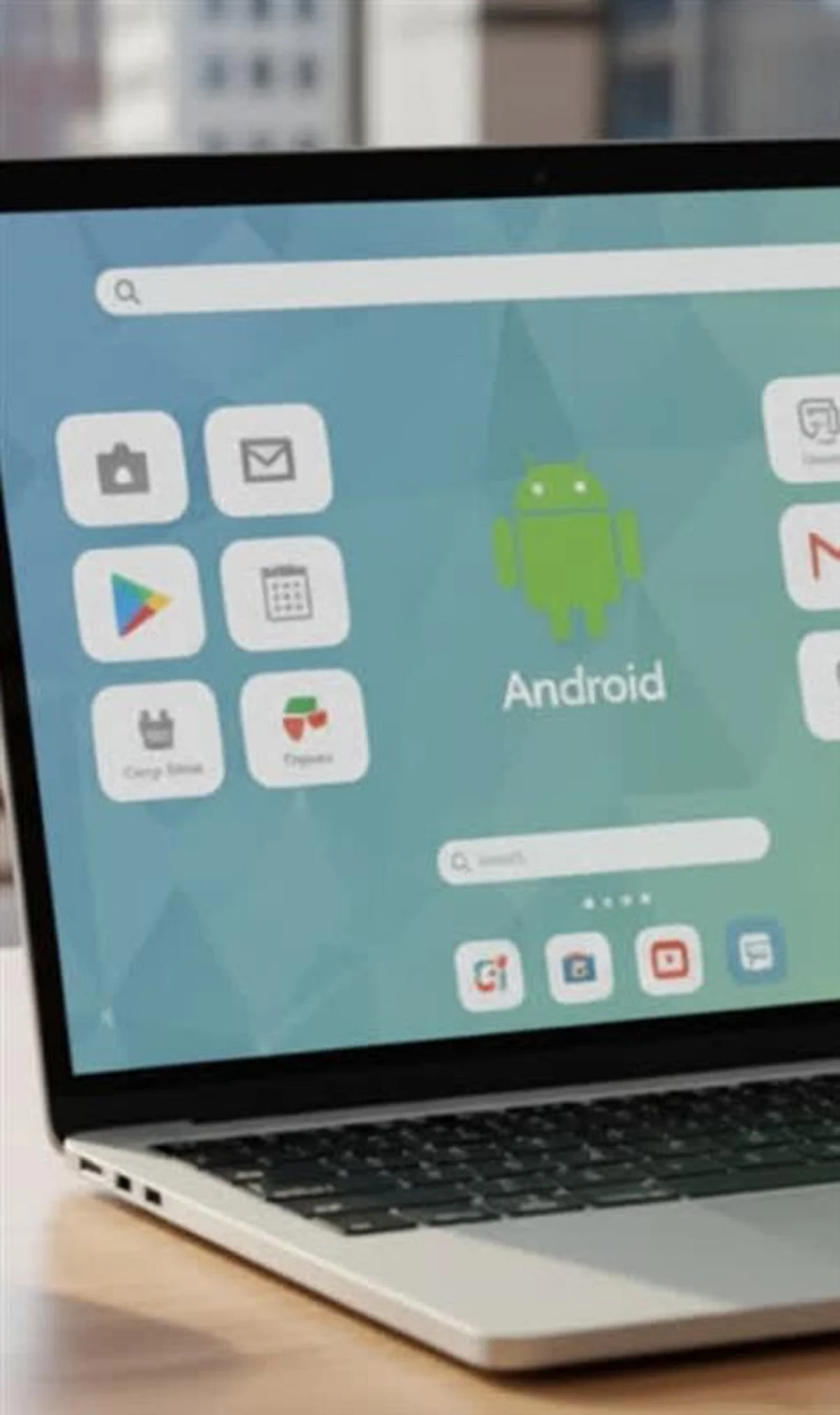Google has officially launched Android for PCs, marking a significant shift in the landscape of operating systems. This new version of Android aims to provide users with an alternative to traditional systems like Microsoft’s Windows. With this move, Google is positioning itself as a direct competitor in the PC market, potentially reshaping how users interact with their devices.
The launch event, held in October 2023, showcased the capabilities of Android for PCs and highlighted its potential to appeal to a broader audience. Google aims to leverage its extensive ecosystem, which includes applications and services well-known to mobile users, to create a seamless experience for those transitioning to PC use.
What Makes Android for PCs Different?
Android for PCs is designed to integrate smoothly with existing Android applications, allowing users to access their favorite apps directly on their computers. This feature could attract many users who are already familiar with Android on their mobile devices. The interface has been optimized for larger screens, providing a more user-friendly experience than previous iterations of Android.
Additionally, the operating system benefits from cloud capabilities, enabling users to synchronize their data across devices effortlessly. This integration is part of Google’s broader strategy to unify its platforms, making it easier for users to move between mobile and desktop environments.
Another highlight of the launch is the emphasis on security. Google has committed to implementing robust security features, recognizing the increasing importance of data protection in today’s digital landscape. Enhanced security measures could make Android for PCs an appealing choice for both personal and professional use.
Market Implications and Future Outlook
The introduction of Android for PCs raises questions about its impact on the dominance of Windows in the operating system market. While Windows remains a powerful player, Google’s entry signifies a challenge that could shift user preferences. Analysts suggest that increased competition may drive innovation and improvements in both platforms.
Moreover, Google’s established presence in the mobile market could give it an edge. With millions of users already engaged with Android, the transition to a PC environment may be more seamless for many. This could lead to significant changes in market dynamics, especially among users who value versatility and integration.
As the tech community watches closely, the long-term success of Android for PCs will depend on user adoption and how well it meets the needs of PC users. Google’s efforts to create a compelling alternative may not only alter consumer choices but also influence software developers to expand their offerings for the platform.
In conclusion, the launch of Android for PCs presents both opportunities and challenges in the operating system landscape. As Google positions itself against established giants like Microsoft, the potential for innovation and change is palpable. The coming months will be critical in determining how this new operating system is received and how it shapes the future of computing.
